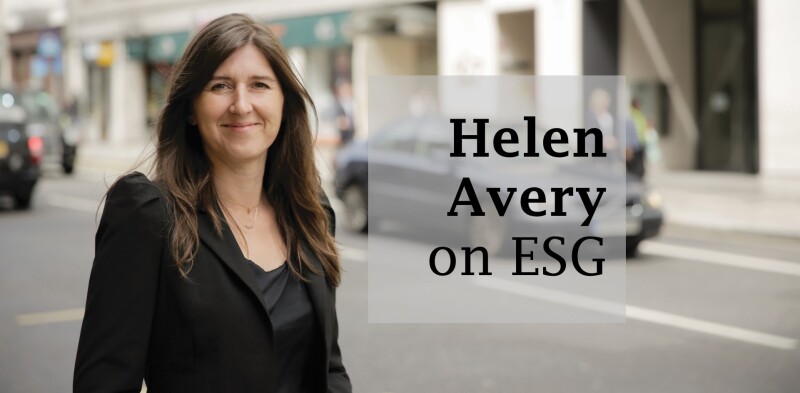
Impact investment had its annual gathering at the Social Capital Markets conference in San Francisco in October.
Thousands of attendees sipped kombucha, were encouraged to hug their neighbours and search their souls in the midst of serious discussions on how to direct the world’s trillions of dollars towards solving social and environmental problems. This year’s over-arching themes were gender equality, agriculture, indigenous rights and refugee finance.
|
Neville Crawley, |
One would be forgiven for thinking that this is how all finance is now, so integrated has the word ‘impact’ become in the financial lexicon, but it’s worth remembering it is still niche.
The Global Impact Investment Network estimated in April that the impact investment market is just $500 billion in size. For comparison, consider that BlackRock alone manages $6.84 trillion.
As one impact investment head at a large asset manager pointed out to me at the event: “We invest $500 million in impact. It sounds a lot – but that’s just 0.5% of our entire portfolio.”
For as long as I’ve been covering the impact investment industry – about eight years – there have been two challenges that have still to be figured out: standardizing the definition of ‘impact’; and scaling up.

